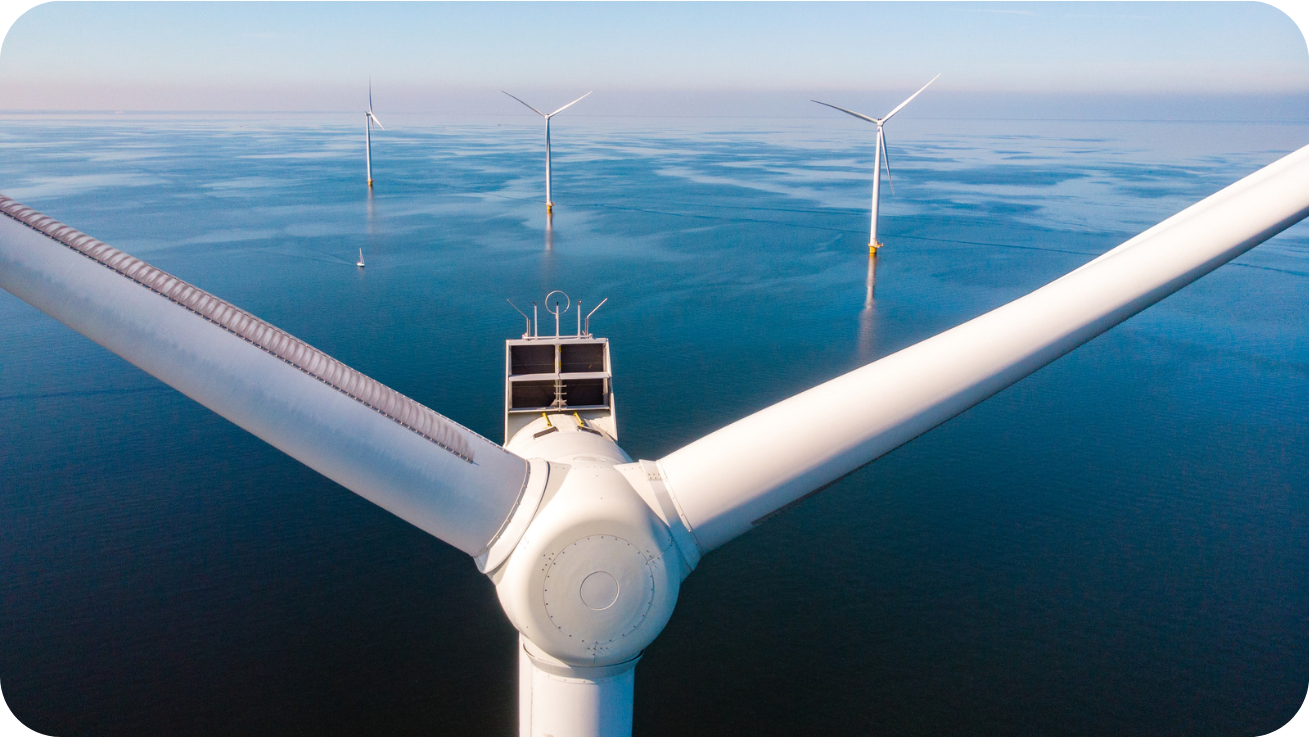 .
. 
| Country: Colombia | Sector: Energy |
| Expert partners: Green Arch Consulting, Carbon Trust |
Enhancing the skills and knowledge of key Colombian decision-makers and institutions on offshore wind.
The recent implementation of public policies aimed at increasing investment in renewable energy in Colombia has led to a greater appreciation of offshore wind’s potential as an energy source. As a result, the Ministry of Mines and Energy (MoME) and Barranquilla’s Mayor Office (BMO) required the tools and knowledge to develop and govern projects and understand their social and environmental impacts. This was addressed in a series of webinars delivered by UK PACT experts.
By sharing UK and global best practice, the sessions aimed to enhance the capacity and knowledge of MoME and BMO technical teams and covered topics such as the technical competencies required in the development of all stages of offshore wind generation, supply chain training, impact on marine life, and business model introductions.
Key actions:





UK PACT (Partnering for Accelerated Climate Transitions) is a unique capacity-building programme. Jointly governed and funded by the UK Government’s Foreign, Commonwealth and Development Office (FCDO) and the Department for Energy Security and Net Zero (DESNZ) through the UK's International Climate Finance, it works in partnership with countries with high emissions reduction potential to support them to implement and increase their ambitions for tackling climate change.
© Copyright 2025 UK PACT Privacy Notice Cookie Policy